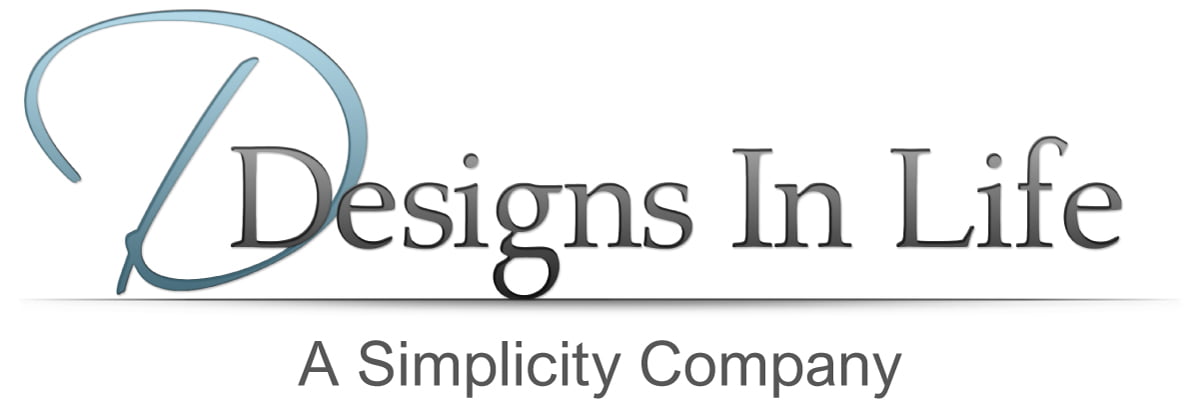OK, Let’s Go Over This One More Time
Fact: Life Insurance is the only financial vehicle that provides an income tax free lump sum of money upon the triggering event of the contract, i. e. the death of the insured. (There are a few situations in which that is not the case, but they are rare.)
Life insurance is as relevant today as it has ever been. Put simply, it pays. As soon as the legitimate death of the insured is verified, the life insurance company delivers the check. It keeps families together. It saves homes from foreclosure. It rescues businesses. It buys time. It provides higher-education funding. It supports the continuation of lifestyle.
In a larger frame of reference, it aids in stabilizing our society. Untimely death can have a devastating financial impact on the lives of survivors. The income-tax-free cash benefit allows the beneficiary or beneficiaries to continue a degree of financial independence. Relocating may be avoided. Homes, cars, and other valuables do not have to be sold. Special funds for cash donations do not have to be created. Government financial support services are not burdened. Daily activities can continue on a relatively normal basis. Debt can be paid down or eliminated. Families and businesses can continue to function. The impacted individuals can focus on the emotional and psychological healing process of unexpected loss unencumbered by the additional worry about financial instability.
At a funeral, you will never hear anyone whispering to another that the survivors had way too much life insurance on the deceased. But, be certain that the question of whether the survivors will be OK financially is on the mind of everyone in attendance.
Life insurance is the bedrock of any financial plan. It is a fixed expense, like the utilities, rent, mortgage payment, or car payment. The budget item “life insurance premium” constitutes just one of the several costs of living that should be considered “payable when due”. It does not belong in the category of “things that we can do without” during periods of unemployment or during attempts to fix the unwise use of credit. In fact, in force life insurance is even more important to have during those times.
Some might argue that life insurance is not needed if there is no one financially dependent upon them. But, death involves an expenditure of money by someone. These “final expenses” can reach thousands of dollars. In addition to funeral costs, there may be debts or loans (known or unknown to the one paying for final expenses) to be paid off, certain medical expenses not covered under one’s health insurance, and a number of other specific financial obligations that one might have fulfilled due to their untimely death. Responsible citizens in modern society should acknowledge their economic responsibility and prepare for such costs by taking the steps necessary to qualify and pay for the possible costs of their own premature demise.
The financial strategy of leveraging small dollars now (premium payments) in exchange for larger, tax-favored dollars later (death benefit) is sound and prudent. All who medically qualify should own their own life insurance and keep it in force.
